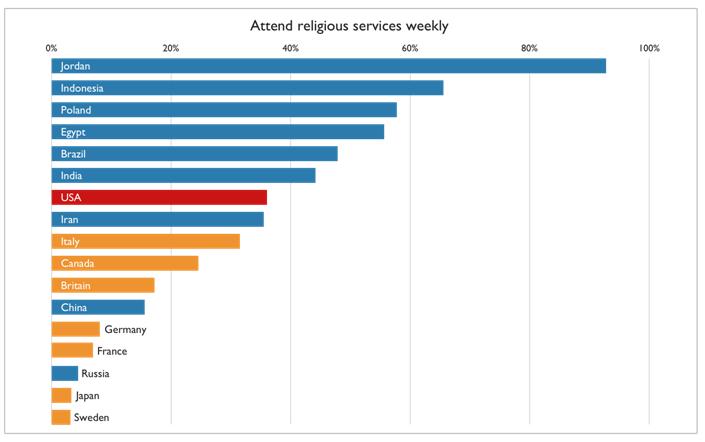
by Dr Nicolas Lewkowicz, PhD, FRHistS
The post-modern canon of democratic representation is informed by the unshackling from the rigid tenets of the Enlightenment project. The onset of postmodern condition is entrenching a change of focus, prioritising the notion of subjective human rights over the idea of collectivised socio-economic rights. The importance of subjective human rights resides in the fact that they enhance the ontological autonomy of the individual. The case for the consolidation of third generation human rights is concomitant with the need to keep a dynamic economic system. While the emerging social ecology results from the ever-widening income disparities, it is also a manifestation of the increased chances of identity-based self-actualization for individuals.

The postmodern condition rejects the concept of cultural conservatism, which I define as the idea of uniform social forms of conduct and the imposition of static blanket categories adhered to by different societal groups. The cultural shift which began to emerge in the late 1960s created a break from the intransigent principles of the Enlightenment, based upon obsolete antinomies concerning gender, sexual, political and social identities.
The postmodern condition is therefore characterized by a heightened feeling of uncertainty and ambivalence, derived from the enfeeblement of strict social taxonomies. The demise of the strict ideological ordering of the international political order (which stemmed from the bipolar confrontation between the West and the Communist world) has given rise to weakened forms of political repression in the public space. Although Western societies were in a position to fend off the threat of Communist ideology, they could not arrest the strengthening of new forms of political representation endorsed by socio-cultural interest groups such as the LGTB, environmentalist and feminist organisations.
The enlarged scope for individual autonomy creates several fractures in the make-up of society. The adaptation process which is taking place entrenches the notion that, since the onset of the technotronic era, the risks that might threaten the homogeneity of society cannot be fully controlled. In this revamped version of modernity, institutions like political systems, religious doctrines and family structures fail to protect the individual from social upheavals. This lack of homogeneity entails a retreat from the idea of uniform socio-economic rights, which before the cultural shift of the 1960s had become one of the main instruments to maintain a high level of cultural conservatism on both sides of the political spectrum.
 As this cultural shift unfolded, the idea of redistributive justice acquired a socio-cultural orientation; compelling individuals to tread water as much as possible, but ensuring increased access for previously disenfranchised groups such as ethnic and sexual minorities. The Left concedes that the meliorist project which originated the post-war economic boom had lost its viability. Simultaneously, the forces of conservatism, eager to liberalise economic relations, are increasingly forced to reconcile the principle of autonomy in the economic and cultural spheres.
As this cultural shift unfolded, the idea of redistributive justice acquired a socio-cultural orientation; compelling individuals to tread water as much as possible, but ensuring increased access for previously disenfranchised groups such as ethnic and sexual minorities. The Left concedes that the meliorist project which originated the post-war economic boom had lost its viability. Simultaneously, the forces of conservatism, eager to liberalise economic relations, are increasingly forced to reconcile the principle of autonomy in the economic and cultural spheres.
Postmodernity can be seen as the cultural framework in which third generation human rights are activated and protected. Authors like Bauman and Beck emphasize that the postmodern condition creates an increased fluidity of the notion of identity. The liquefied version of modernity accomplishes a double-pronged goal that satisfies people on both sides of the political divide; it generates opportunities for self-actualisation in the cultural sphere and incorporates new forms of objective and subjective commoditization in the economic arena.
Leave a Reply